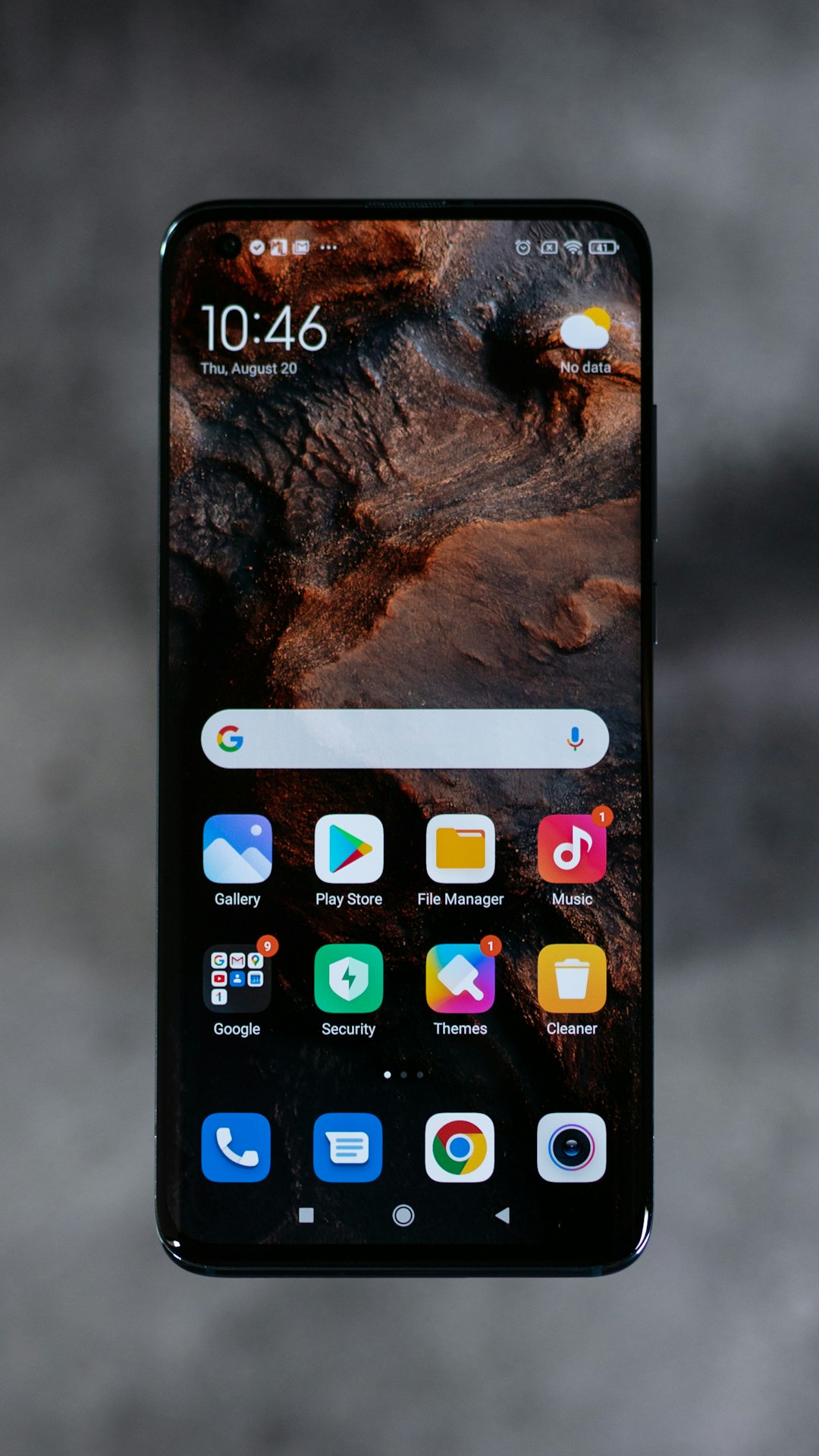Robocalls in Dayton, Ohio are regulated by the Telephone Consumer Protection Act (TCPA), offering residents legal recourse against unwanted automated calls. If you've received spam calls, consider consulting a specialized spam call law firm or lawyer to determine your rights and potential remedies, including lawsuits for compensation or blocking future calls. Key terms for searching legal help include "Can I Sue For Robocalls Ohio" and "Spam Call Law Firm Ohio." Choose an attorney with experience in consumer protection and TCPA cases to navigate complex legalities effectively.
In Dayton, Ohio, like many places across the nation, robocalls have become a pervasive and often annoying nuisance. Understanding these automated calls’ legal implications under the Telephone Consumer Protection Act (TCPA) is crucial for protecting your rights. If you’ve received unwanted or illegal robocalls, knowing whether you can sue for compensation is empowering. This article guides you through navigating robocall risks, your legal rights, and finding a qualified spam call lawyer in Ohio to help you take action against violators.
Understanding Robocalls and Their Legal Implications in Ohio

Robocalls have become a ubiquitous and often annoying aspect of modern communication, but they also carry significant legal implications. In Ohio, as in many states, automated phone calls for marketing or promotional purposes are regulated by the Telephone Consumer Protection Act (TCPA). If you’ve received unwanted robocalls, it’s essential to understand your rights under this law. The TCPA prohibits businesses from making automated phone calls without prior explicit consent, and it offers a private right of action for individuals who have been affected by such calls.
If you believe you’ve been the victim of spam calls, you may be wondering, “Can I sue for robocalls in Ohio?” The answer is yes. There are reputable spam call law firms and lawyers specializing in TCPA cases in Ohio who can help you navigate the legal process. These professionals can assist you in determining if a violation has occurred, guide you through potential remedies, and even represent you in court if necessary. Understanding these legal options is crucial for protecting yourself and holding accountable those who make unauthorized robocalls.
Your Rights Under the TCPA and How to Protect Yourself

In the face of overwhelming robocalls, many residents in Dayton, Ohio, are left feeling frustrated and powerless. However, it’s important to know that you have rights under the Telephone Consumer Protection Act (TCPA) designed to protect you from unwanted calls, including spam calls. If a company or individual violates these rules by calling you without your prior consent, you may have legal recourse.
Under the TCPA, businesses are prohibited from making automated or prerecorded phone calls to consumers without their explicit permission. This means if you’ve never given your number to a specific caller or marketing firm, their robocalls are illegal. If you’ve received these unwanted calls, consider documenting the instances, including the caller’s ID and any messages left. With this evidence, you can consult with a spam call lawyer in Ohio who specializes in TCPA cases to explore potential legal actions, such as filing a lawsuit for robocalls under the TCPA, seeking compensation for invasions of privacy, or blocking future calls from these offenders.
Navigating Spam Call Lawsuits: Finding the Right Lawyer in Dayton

Navigating Spam Call Lawsuits: Finding the Right Lawyer in Dayton
If you’re considering suing for robocalls in Ohio, understanding the local laws and having an experienced lawyer by your side is crucial. The Telephone Consumer Protection Act (TCPA) prohibits automated or prerecorded calls to cell phones without prior express consent. In Dayton, Ohio, as in many parts of the country, these lawsuits are becoming increasingly common.
Finding the right spam call law firm or lawyer for TCPA cases is essential. Look for attorneys specializing in consumer protection and having a proven track record in handling robocall litigation. Referrals from trusted sources and online reviews can guide your search. Ensure they have the expertise to navigate complex legal issues, effectively communicate with clients, and represent your interests vigorously in court if necessary.






